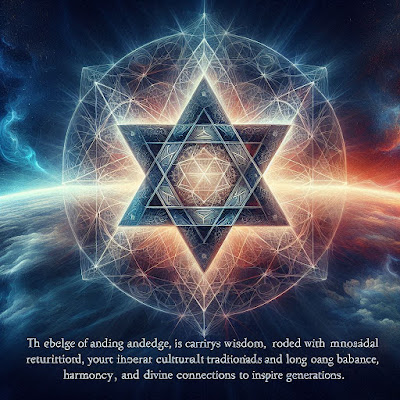Writing as a Form of Manifestation
How the Act of Writing Shapes Reality
The connection between storytelling and manifestation runs deeper than we realize. Writing is a powerful tool that allows authors to focus their energy and emotions, potentially shaping their lives in the process.
Writing Mirrors Manifestation Practices
Authors visualize scenarios, evoke emotions, and set intentions in their stories—just as manifestation practices do.Shaping the Subconscious Mind
Writing primes the brain to notice opportunities aligned with the themes explored in fiction. For example, writing about love may help an author recognize and nurture romantic opportunities in real life.Emotional Resonance and Energy
Writing emotionally charged scenes can influence an author’s mindset, aligning their energy with the emotions they explore, whether it’s joy, love, or resilience.Authors’ Anecdotes of Manifestation
Many authors, like Elizabeth Gilbert (Big Magic), describe how writing has brought unexpected parallels and opportunities into their lives, blurring the line between fiction and reality.Using Writing Intentionally for Manifestation
Authors can harness this power consciously—creating stories that embody their goals, values, or dreams, and aligning their actions with the narratives they create.
Writing isn’t just storytelling; it’s a deliberate act of creating a life aligned with the themes and emotions explored on the page.
Image Description: A vibrant scene of a journal open on a rustic wooden table, surrounded by candles, fresh flowers, and a cup of steaming tea. The pages are filled with handwritten notes and sketches, reflecting a writer’s dreams and aspirations as they come to life.




Comments
Post a Comment